You must have seen cameras in public places and offices. They are often installed for safety purposes and to keep an eye on the employees. Generally, these cameras don’t always have audio surveillance features due to legal limitations.
This may make you wonder if audio surveillance is legal in the workplace. Certain laws make it tricky to record audio along with video. The most important factor is getting the consent of one or all parties for audio surveillance.

Each state has different laws and limitations regarding workplace audio surveillance. Employees must follow these regulations and comply with the law to protect their workers’ privacy. In this article, we’ll discuss audio surveillance and its legality.
What is Audio Surveillance?
Audio surveillance refers to monitoring and recording all sounds and conversations that take place at the office. This may involve monitoring meetings, in-person conversations, team sessions, and phone calls at work.
The catch is that employers must have employees’ consent to record and monitor audio and video. Knowing your rights and laws is essential to following them so that privacy laws are not violated at work.
Knowing about audio surveillance laws in the workplace is important for both employers and employees. These laws vary by state and country. So, you should be aware of the specific regulations in your location. Having clear policies in the contract and putting signs of being recorded keeps ethical implications sorted.
Types of Audio Surveillance
There are different ways to have audio surveillance in the workplace.
a. Phone Calls Recordings
Recording and monitoring phone conversations is a part of audio surveillance. It may help businesses monitor customer service and sales calls. Another benefit is monitoring internal communications for transparency.
It’s crucial to comply with applicable laws in the state that you are in. For instance, some states require all parties to consent to the recording. On the other hand, some states allow audio recording with just one party’s consent.
b. CCTV with Audio
Closed-circuit television (CCTV) involves recording videos while also having an option to get audio footage. With technology advancing, there are cameras that record and store the data in the cloud for easy access. It can record live events, along with sounds. Many offices and shopping complexes have CCTVs installed. You may see such premises with signs such as ‘Smile, you are on camera’ or ‘You are under surveillance.’
c. Voice Recorders and Spy Microphones
Many employers may want to record their employee’s conversations to check their progress or behavior at work. However, using spy microphones without the consent of the other parties is considered against the privacy laws set by the state. Not getting consent may result in criminal charges against the organization.
d. Wiretapping
Wiretapping is monitoring phone calls and other internet-based communications by unauthorized means. This method is regulated by federal and state laws and requires a legal warrant to do so.
Effects of Audio Surveillance in the Workplace: Pros and Cons
We’ll talk about the pros and cons of adding audio surveillance in the workplace:
Pros
a. Improved Security
Audio surveillance enhances workplace security by preventing unproductive employees and criminal activities such as theft and harassment. Having recording devices often discourages employees and visitors from engaging in such undesirable behavior. This helps build a safer environment for everyone.
b. Enhanced Service Quality
When sales call and interactions are recorded, they can be useful for future employee training. This also enables organizations to get feedback about the service and improve client satisfaction in the future.
c. Evidence for Legal Investigations
Audio recordings can serve as evidence for internal and legal investigations in cases of workplace disputes. They can aid in investigations related to harassment, misconduct, or discrimination.
d. Compliance with Legal Standards
Legally installed audio surveillance, with clear policies and consent, shows that the employer is committed to privacy and follows the law. It proves they are not compromising anyone’s safety while catering to their business.
Cons
a. Employees Lack of Trust
Audio recording devices may make employees feel uneasy at work. Some may think that management does not trust them. This can also hinder open communication and negatively impact office culture and employee engagement.
b. Reduced Collaboration
Many employees may feel like they are being watched all the time. Anything they say or do may be recorded and misconstrued. This can reduce collaboration, creative teamwork, and even casual conversations. As a result, the whole organization can suffer from a lack of enthusiasm and innovation.
c. Violation of Laws
Breaking laws occurs when a company or office does not get employees’ consent or monitors areas such as private locker rooms and restrooms. Not following the state and federal laws may lead to legal consequences and damage the reputation of employers. They must respect the privacy of workers when installing audio and video surveillance.
d. Negative Impact on Employees Morale
Constantly being under surveillance can be stressful at work. All this stress, combined with work pressure, may leave an employee feeling violated. An employee may not feel entirely comfortable during work hours. This may often lead to decreased job satisfaction and productivity among employees.
Audio Surveillance Laws in the US
Each state in the US has different laws regarding eavesdropping and wiretapping. Recordings such as personal conversations, phone calls, and interviews are generally included.
Audio surveillance laws at the state and federal levels make it illegal to reveal the illegally recorded content of any call or communication. Twenty-four states prohibit the use of hidden cameras in private spaces, and some states have laws against the criminal use of consensual recordings.

Federal Laws
These are the laws that work at the national level. Federal laws, aka statutes/acts, dictate the responsibilities of an individual state. These are set by the legislative branch of government. As per the federal United States Code (18 U.S.C. § 2511), only one-party consent is required for telephone and in-person audio recording.
So this allows you to record phone calls/in-person conversations. The other person does not have to consent to the recording.
State Laws
State laws are regulations set by the legislative branch of each state government. These laws govern the common law and administrative regulations of a particular state. When it comes to audio surveillance, enforcement officials and individuals can only do so within legal limits. There are 12 states that require all-party consent during audio surveillance.
Recording without consent can cause legal consequences. Only one-party consent is acceptable in the other 38 states. In these states, the federal Wiretap Act prohibits secret recording of private conversations. However, it doesn’t apply if at least one person consents to the recording.
Legality of Audio Surveillance in the US with One-Party Consent Statutes
In 38 states, it is legal to record audio with just one person’s consent. So, if you’re recording in one of these states, you do not need to tell the other party about it. Thus, it is called a “one-party consent” statute.
| State Law | Code | Rules and Regulations |
| Alabama law | Ala. Code,13A-11-30 (1) & 13A-11-31 | Using any device to record/overhear conversation is illegal without at least one person consenting. |
| Alaska | Alaska Stat., 42.20.310 | Misdemeanor to record any conversation without the consent of at least one person. |
| Arizona law | Ariz. Rev. Stat. Ann..13-3005 (A)(1) & (2) | A class 5 felony to record/intercept any form of communication or aiding someone to do so when not part of the same conversation. |
| Arkansas law | Ark. Code Ann.,5-80-120(a) | Illegal to record a conversation in person or call if you’re not a part of it. |
| Colorado law | Colo. Rev. Stat., 18-9-303(1) | A felony to intercept/record electronic communication without at least one party’s consent. Professionals in the news department can only use approved means to do so. |
| Delaware law | Del. Code. Ann. tit. 11, § 1335(a)(4) & 11,2402(c)(4) | Conflicting rules if it’s legal/illegal to record with or without consent. |
| The District of Columbia’s law | D.C. Code. Ann. 23-542(b)(3) | Cannot intercept a conversation pretending to be a law agent. |
| Georgia law | Ga. Code Ann. 16-11-62 & 16-11-66(a) | Felony to record private conversations and only allowed with one person’s approval. |
| Hawaii law | Haw. Rev. Stat.803-42(b)(3)(A) | Legal if one person approves. |
| Idaho law | Idaho Code 18-6702(d) | Legal if you have one or more participant’s consent. |
| Indiana law | Ind. Code Ann. 35-33.5-1-5(2) | Only the sender/receiver can record. |
| Iowa law | Iowa Code Ann.808B.2(2)(c) | It requires the participation of the listener and sender to record, while another party may not know about the recording. |
| Kansas law | Kan. Stat. Ann. 21-4002(a)(1) | Illegal to eavesdrop or record using a device without at least one person consenting. |
| Louisiana law | La. Rev. Stat. 15:1303(b)(4) | It is illegal to record conversations if you do not have at least one party’s consent. |
| Maine law | Ma. Rev. Stat. 15:1303(b)(4) | Recording, hearing, or enabling a person to record a conversation without consent makes it a Class C crime. |
| Minnesota law | Minn. Stat. Ann 626A.02 subd. 2(d) | Legal to record if you’re part of the conversation or have one person’s consent. |
| Mississippi law | Miss. Code Ann. 41-29-531(e) | Cannot intercept a communication unless you have a person’s consent. |
| Missouri law | Mo. Ann. Stat. 542.402(2)(3) | Legal to record/disclose the content if you’re a part of the communication or have one person’s approval. |
| Nebraska law | Neb. Rev. Stat. 86-290(2)(c) | Consent is needed to record, or you must be a part of the conversation. |
| Nevada law | Nevada has a one-party rule; however, the Supreme Court has ruled it to be an all-party rule for consent. | |
| New Jersey law | N.J. Rev. Stat. §2A:156A-4(d) | Illegal to intercept any communication without being part of the conversation or getting one person’s consent. |
| New Mexico law | N.M. Stat. Ann 30-12-1(C) & (E) | At least one party’s consent is required to record. |
| New York law | N.Y. Penal Law,250.00(1) & 250.05 | Illegal to wiretap without the approval of one party. |
| North Carolina law | N.C.Gen Stat.15A-287(a) | Class H felony to record or hire someone to intercept all communications without at least one person’s consent. |
| North Dakota law | N.D. Gen Stat.15A-287(a) | Class C felony to record without one party’s consent. |
| Ohio law | Ohio Rev. Code Ann. 2933.52(B)(4) | It is not illegal if one person in the conversation gives consent. |
| Oklahoma law | Okla.Stat. Ann.tit. 12.176.4(5) | Not illegal if you’re recording the conversation you’re a part of. |
| Oregon law | Or. Rev. Stat.165.543 | Class A misdemeanor to not take at least one person’s consent who’s present in the conversation. |
| Rhode Island law | R.I. Gen. Laws 11-35-21(c)(3) | Illegal to intercept or record unless you have one party’s approval |
| South Carolina | 18 U.S.C 2511 (2)(d) | There’s no specific law, but it’s legal to record with one person’s approval. Also, no consent is needed in a public place. |
| South Dakota law | S.D. Codified Laws Ann. §23A-35A-20(1) | A person who’s part of the conversation may record. No consent is required for non-electronic communications in public areas. |
| Tennessee law | Tenn. Code Ann. §39-13-601(b)(5) | Legal to record if you have one person’s consent or are a part of the conversation. |
| Texas law | Tex. Penal Code Ann. §16.02(c)(4)(A)&(B) | Legal to intercept/record if the person is part of the conversation or has the approval of one party. |
| Utah law | Utah Code Ann. §§77-23a-4(7)(b) | Can record if you’re part of the conversation or have one person’s consent. Consent is not needed for oral communications. |
| Virginia law | Va. Code Ann. § 19.2-62. | You may record if one member of the conversation allows it or if you’re also speaking. |
| West Virginia law | W. Va. Code §62-1D-3(e) | Legal to record with permission of one person in the conversation or if you’re a part of it. |
| Wisconsin law | Wis. Stat Ann. §§968.31(c) &885.365(1) | One-party permission makes it legal to record. |
| Wyoming law | Wyo. Stat. §7-3-702(b)(iv) | Legal to record with one member’s permission or if you’re also a part of the conversation. |
| Vermont | 18 U.S.C. 2511(2)(d) | No specific laws, but it’s illegal to electronically monitor conversations at someone’s home. |
Legality of Audio Surveillance in the US with All Parties Consent Statutes
The all-party consent statutes require all the parties to consent to the recording. There can be legal consequences if the consent isn’t taken or if one party is not made aware of the recording.
These 12 states include:
- California
- Connecticut
- Florida
- Illinois
- Massachusetts
- Maryland
- Michigan
- Montana
- New Hampshire
- Nevada
- Pennsylvania
- Washington
Actions Impacting on Audio Surveillance Legality
Several actions and expectations from audio surveillance may lead to a legal impact. One important thing is understanding the legal consequences and how to avoid them. Both the employees’ rights and the organizations’ expectations have to be delicately balanced for it to be fruitful.
1. Unauthentic Reasons for Surveillance
Whether you want to prevent thefts or encourage healthy engagement at work, be clear on your reasons. Employers have to be sure of the reasons for implementing audio surveillance. These reasons must be genuine and justifiable. Using surveillance for unauthorized purposes can lead to legal problems if the employee decides to contact solicitors.
It may include installing audio and video surveillance equipment to monitor personal conversations or targeting an employee. This usually comes under invasion of privacy and workplace harassment. Therefore, a company has to provide acceptable reasons to monitor employees to prevent such allegations.
2. Inappropriate Surveillance Methods
As an employer, you must comply with legal surveillance standards. Using hidden recording devices or microphones in private areas can lead to legal trouble. You must avoid places where employees expect reasonable privacy, such as bathrooms and private resting areas.
Besides, overly intrusive surveillance can also have legal repercussions. Employers have to use transparent methods, ensuring that recording devices are clearly visible and that audio recording is limited to allowed areas.
3. Resting Places and Locations
Avoid installing audio and video surveillance equipment in resting areas and where the workers would expect privacy. They are entitled to breaks from work, and it does not make sense to record them in locker rooms and bathroom areas.
To avoid getting into legal trouble, practice caution when selecting locations for surveillance. Therefore, you must limit the surveillance to public and semi-public areas only.
4. No Prior Signs and Notice
This is a huge error one can make! Do not forget to put up audio surveillance signs that will notify the workers and visitors about it. You may also add this to your workplace’s written policy. Failing to provide any prior notices/signs may cause your employees to raise issues regarding privacy. They may also contact an employment lawyer over their rights being violated.
5. Lack of Consent
As mentioned above, consent must be involved when recording any conversation or phone call. If a person is not aware of the audio surveillance, then they cannot consent to it. As an employer, you must keep a record of employee agreements and consent forms. Depending on the state that you are in, you must comply with the state and federal laws at the workplace.
Best Practices for Legal Audio Surveillance at WorkPlace
So, you have decided to implement audio surveillance in the workplace! The first thing to consider is the legal landscape in your state and following it. We’ll talk about the best practices to include, ensuring employee privacy and well-being in mind.
a. Solely Business Purpose
Use audio surveillance strictly for legitimate business reasons. These can include enhancement of security, discouraging theft, or improving customer service. Employers must disclose the use of such surveillance equipment and state the company’s goals. This will justify the need for surveillance and prevent infringing on employees’ privacy rights.
b. Employees Consent
Employee consent is crucial when monitoring them at work. You may add this to the contact when hiring people. Clear communication about the nature of audio surveillance can prevent misunderstandings and potential problems. If you’re installing more such surveillance, notify older employees as well. This may ensure you comply with legal requirements while also building trust and transparency within the workplace.
c. Posting Notice
Employers must display notices, send emails, and have meetings to inform employees of the audio surveillance. They may also include signs in common areas of surveillance. It will inform the workers as well as visitors so they can consent to it and be aware.
d. Avoid Unnecessary Monitoring
Audio surveillance has to be limited to areas with no possibility of privacy violation. This involves open meeting rooms, team cabins, offices, and mess areas. The surveillance should be avoided in places such as restrooms and private break rooms. Following these rules encourages employee trust and harmony at work.
e. Material Reach by Authorized Personnel
Policies should be implemented to make audio and video recordings accessible only to management. There have to be clear policies in the contracts about who has access to these files. Moreover, the organization may conduct regular audits of surveillance and data protection. This prevents misuse of such recordings and violates anyone’s rights and privacy.
Conclusion
You have all the information on whether audio surveillance is legal in the workplace. As an employer, you must follow the federal and state laws as needed when placing video or audio surveillance devices in the workplace. This will help your employees feel safe at work instead of being watched constantly.
As an employee, you must know your rights and what you consent to when signing contracts. If your rights have been violated, contact the HR department and also connect with an employment lawyer.
Clear audiovisual recordings are crucial for legitimate workplace monitoring and compliance efforts. A compact wireless lavalier microphone can help businesses achieve precise audio collection easily and discreetly, provided the surveillance practices fully comply with legal guidelines.
FAQs
Q1. Is it legal for your boss to listen to you on camera?
The legality of audio and video surveillance at your workplace will depend on the state and federal laws. Some states have one-party consent, and others require all parties to consent. Whether there is one-party or all-party consent, your boss has to comply with these requirements. Moreover, your employer must have a legitimate reason to listen to you on camera.
Q2. Can a business have security cameras with audio?
Businesses may have security cameras with audio provided so all employees and visitors are informed about it in advance. Complying with state laws is crucial when installing such cameras.
Q3. Is it illegal to have audio surveillance at work?
It is illegal to have audio surveillance without consent. Audio surveillance at work is legal only if the employers have the consent of employees. For instance, audio recording in 38 states is legal if one person consents. Meanwhile, all parties must consent to the recording in the other 12 states.
Q4. Where to report illegal audio surveillance at work?
You may report illegal audio surveillance to the legal or state labor authorities and also discuss such cases with an employment solicitor.
Q5. What are the rules on workplace surveillance?
Workplace surveillance rules require notifying the employees about it. The employer also has to give a legitimate business reason for doing so. Moreover, management has to specify the areas under surveillance and skip on areas such as restrooms and locker rooms.
Q6. Is surveillance a form of harassment?
Surveillance will not be considered harassment if the employer follows all state laws and the workplace doesn’t become hostile. Of course, employers must ensure clear communication of surveillance policies.
Q7. What protection do you have against being monitored by your employer?
Workers have privacy protection under state and federal laws. Employers can only monitor their staff only if the business needs it. Consult an employment lawyer to know more about your rights and if you feel your privacy is being threatened.
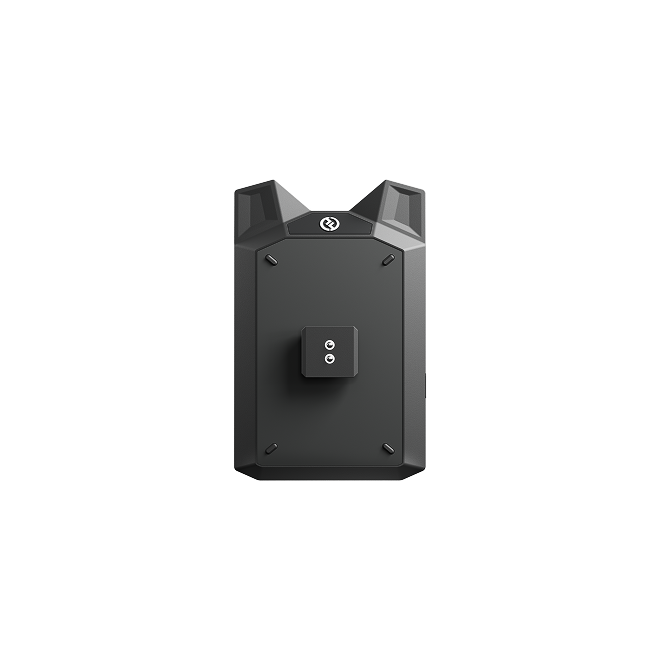

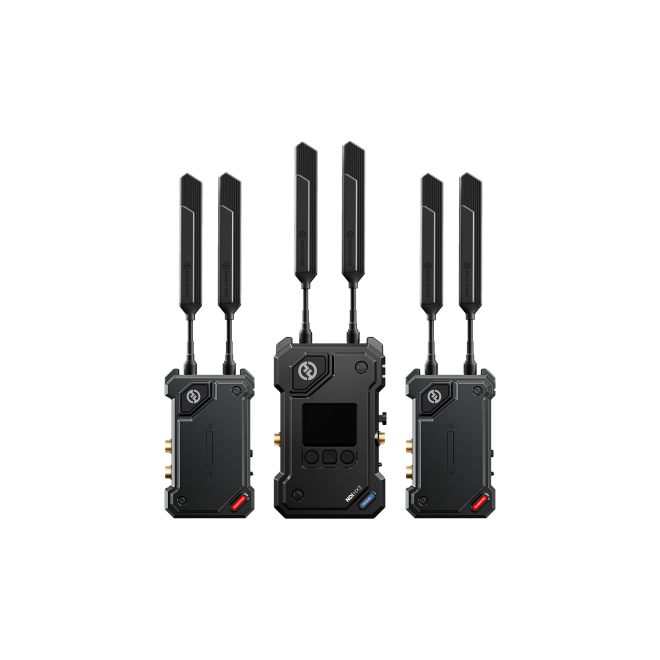
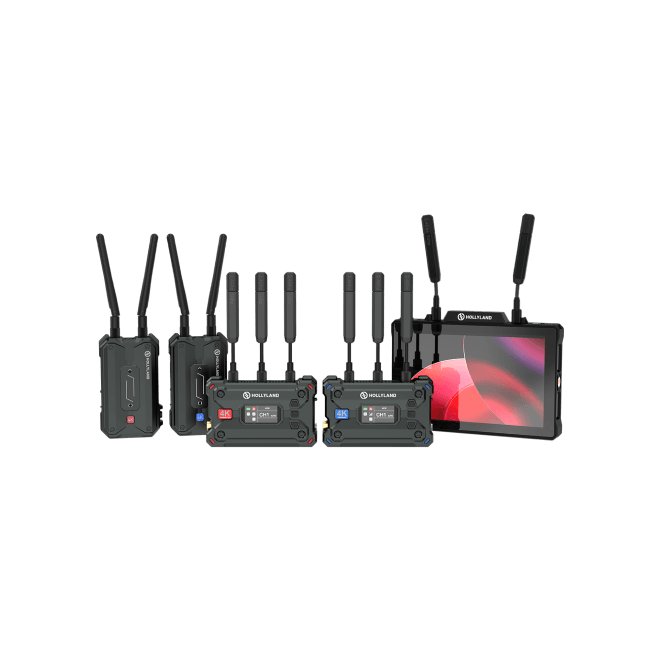
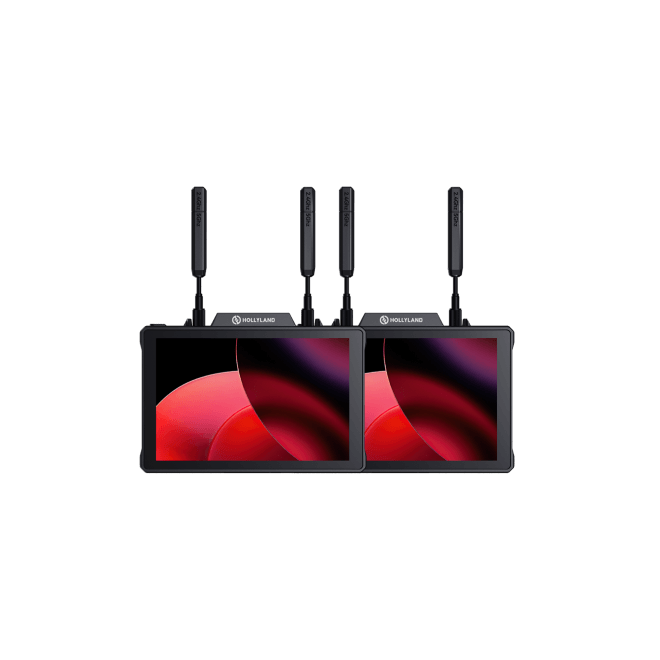
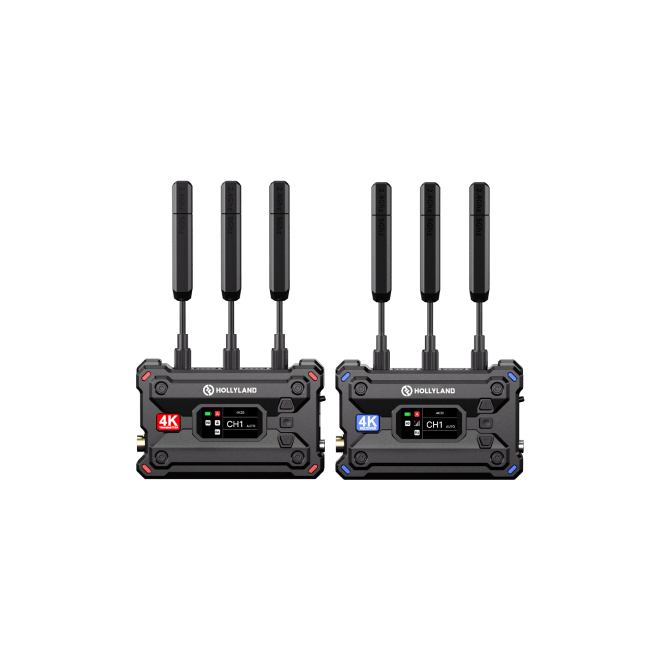
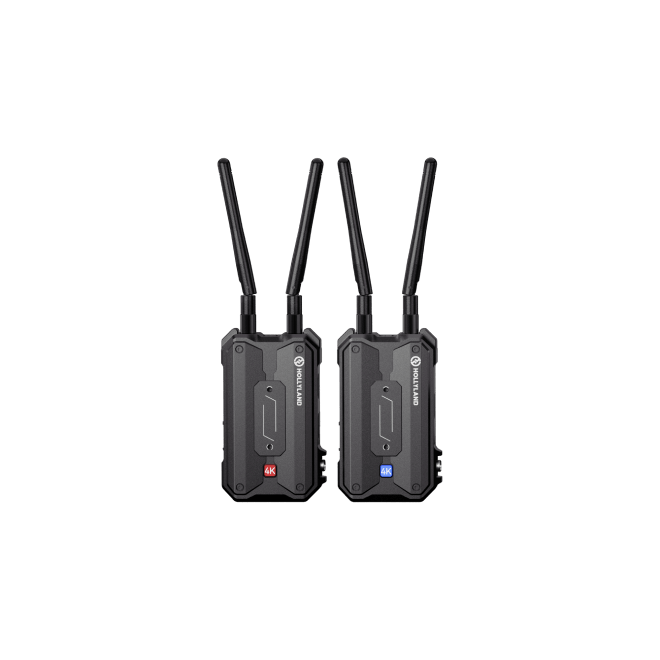
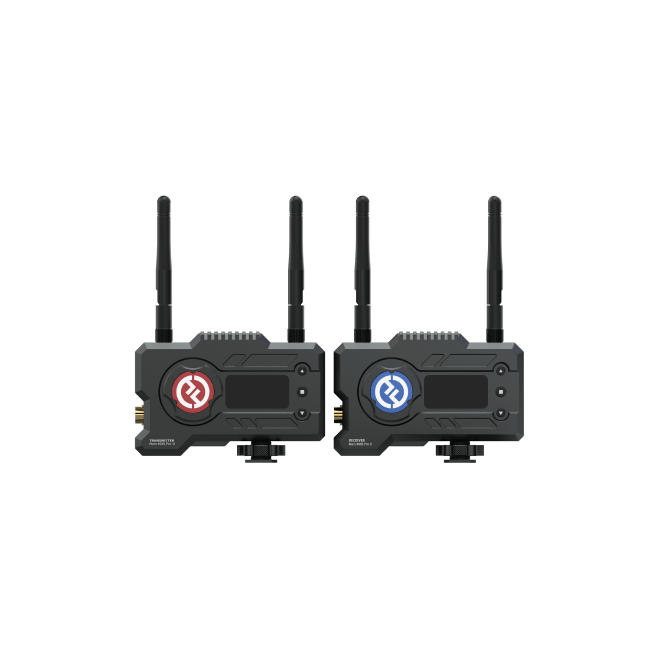
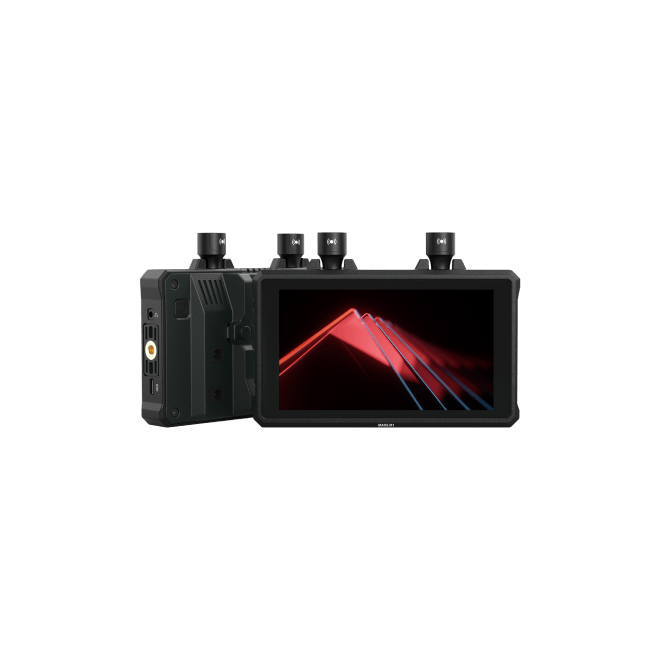
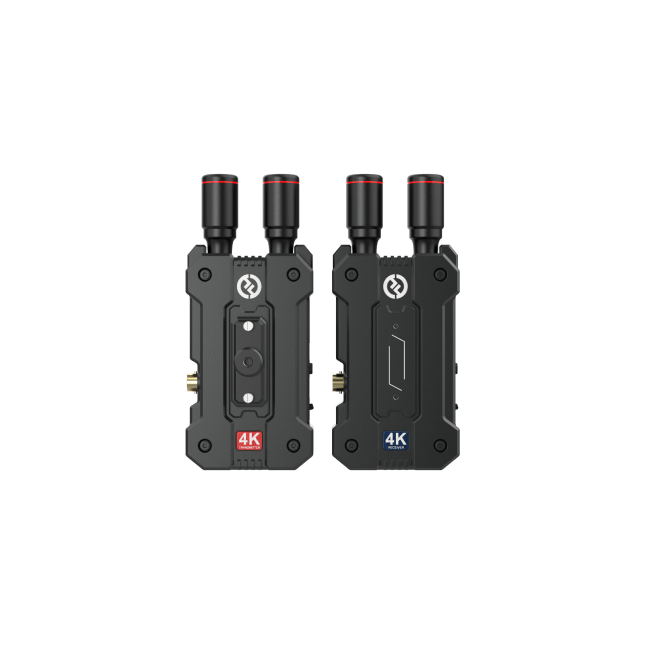
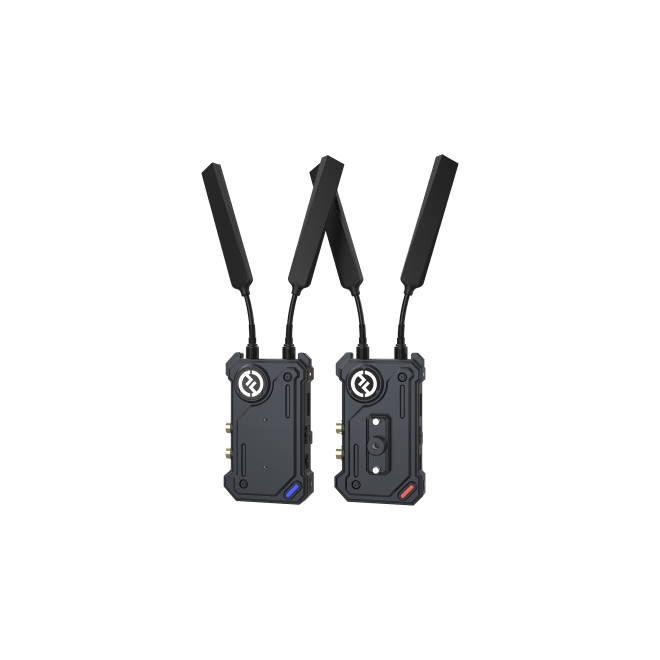
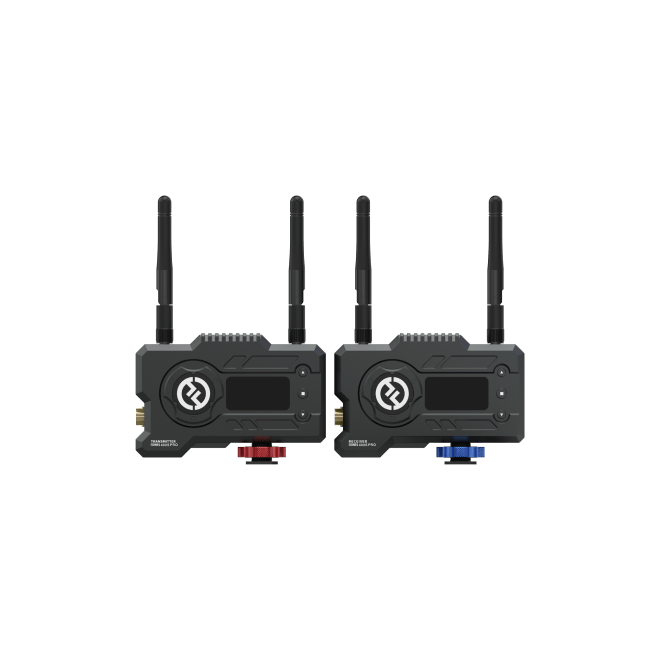
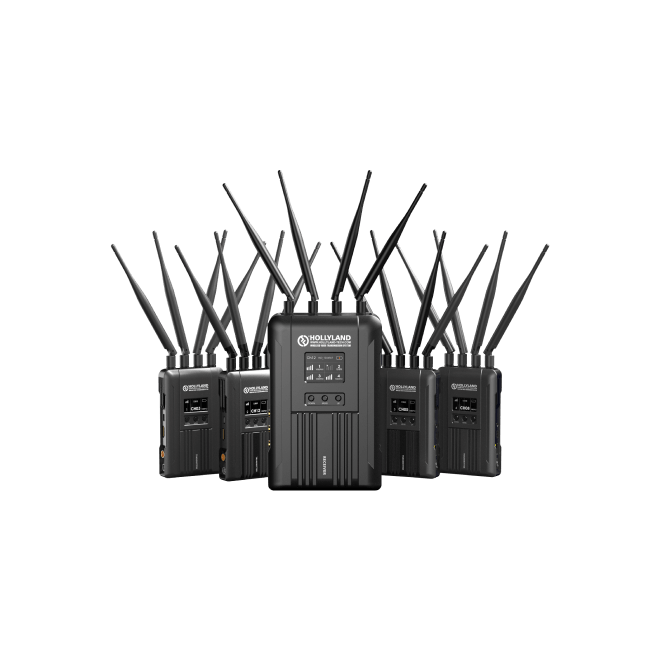

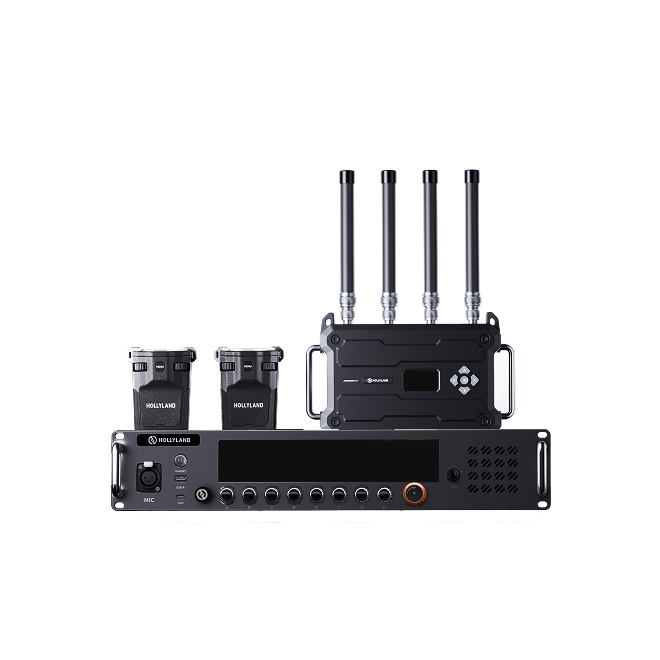

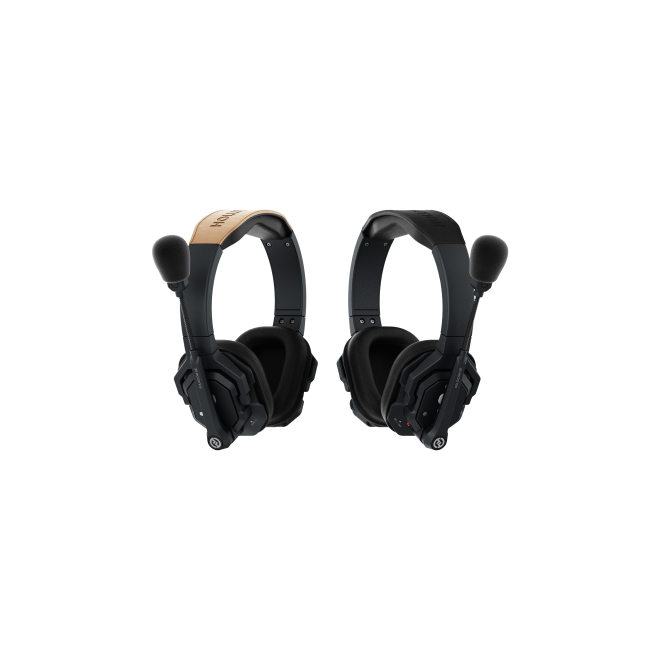

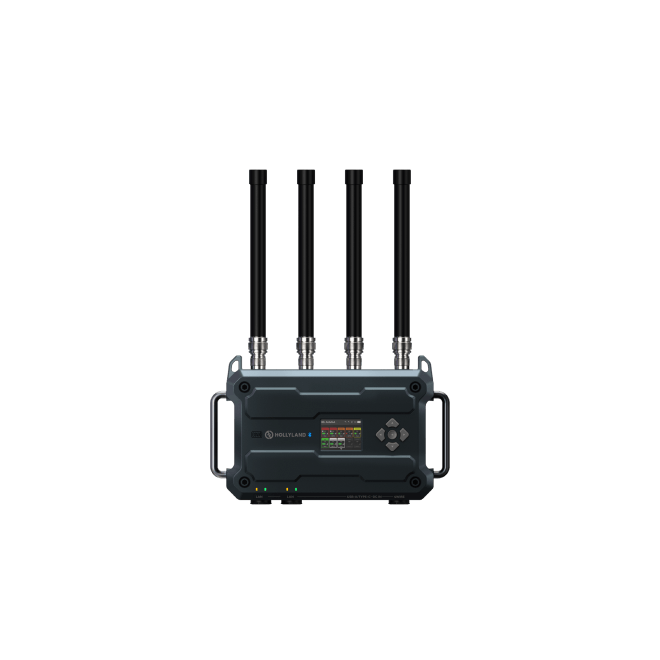
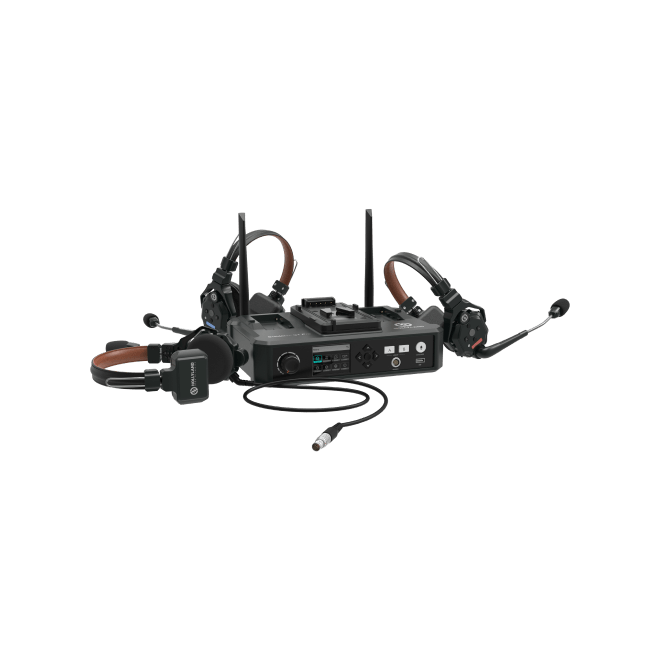
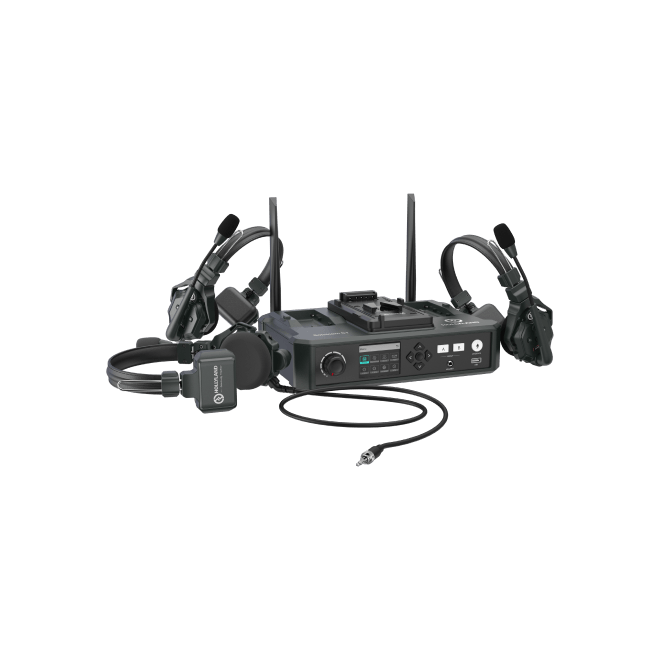
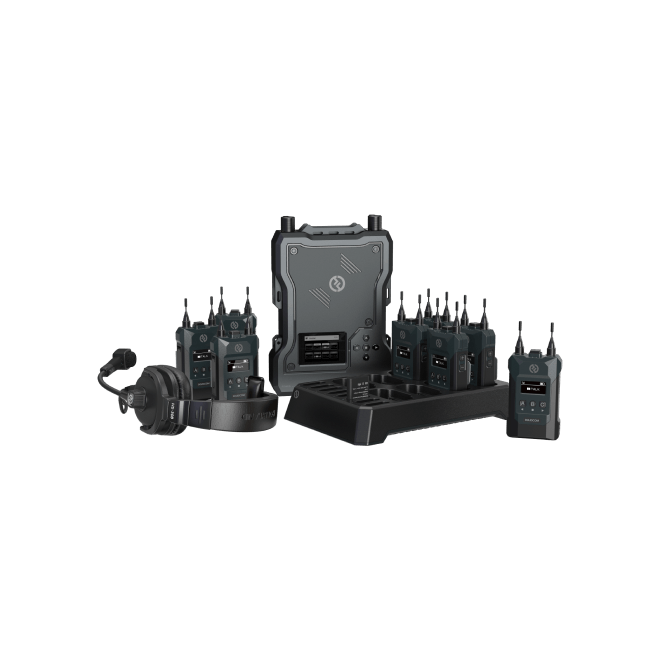
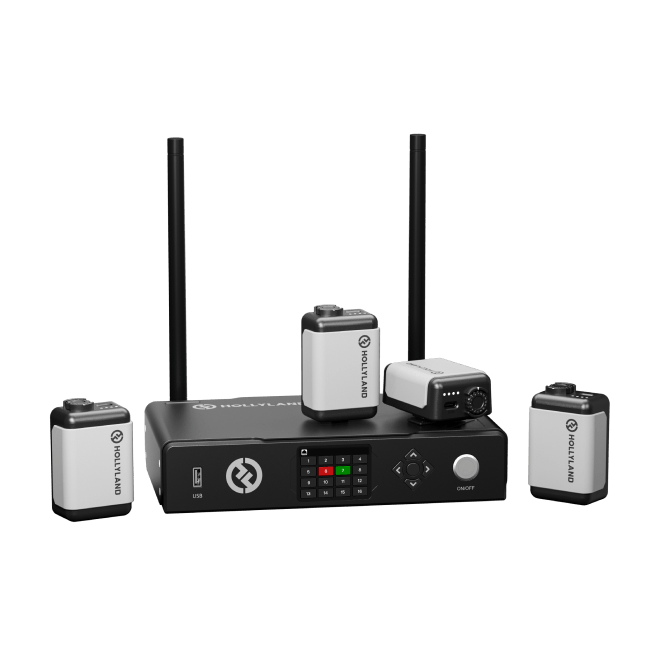
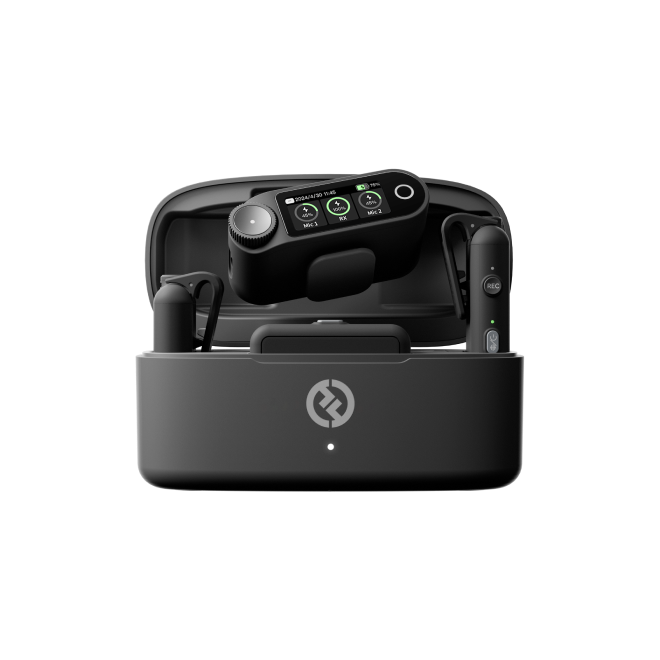
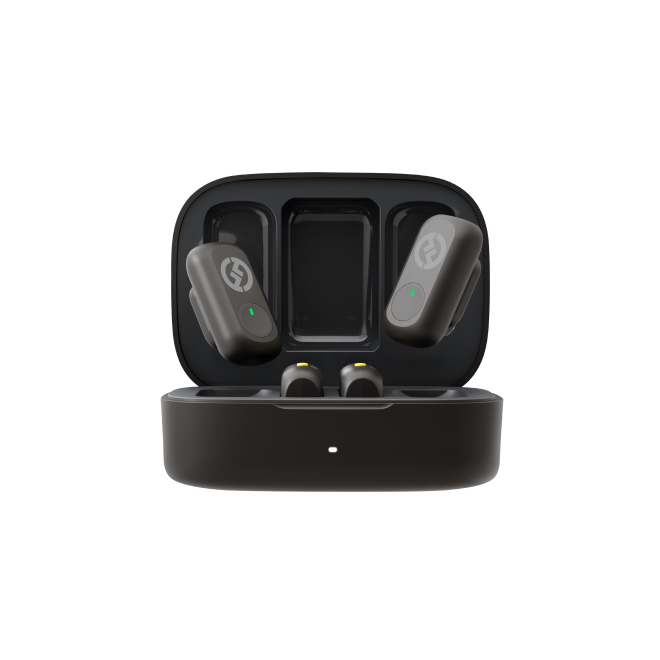

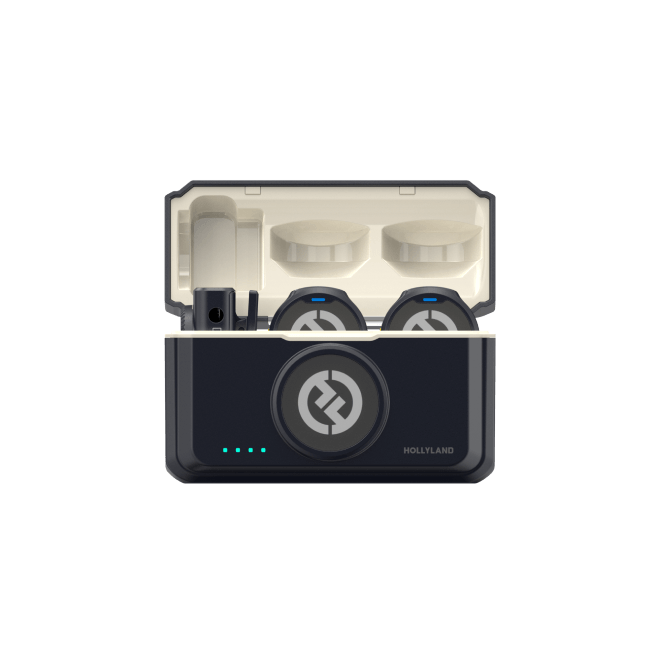
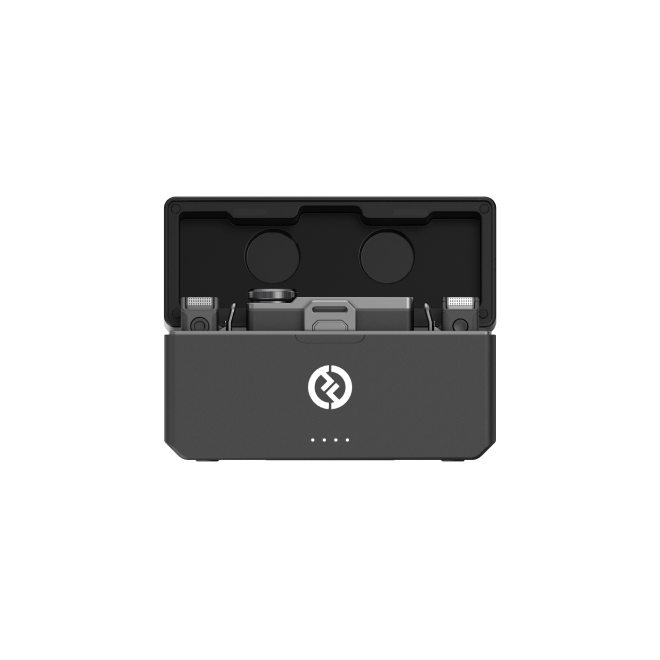


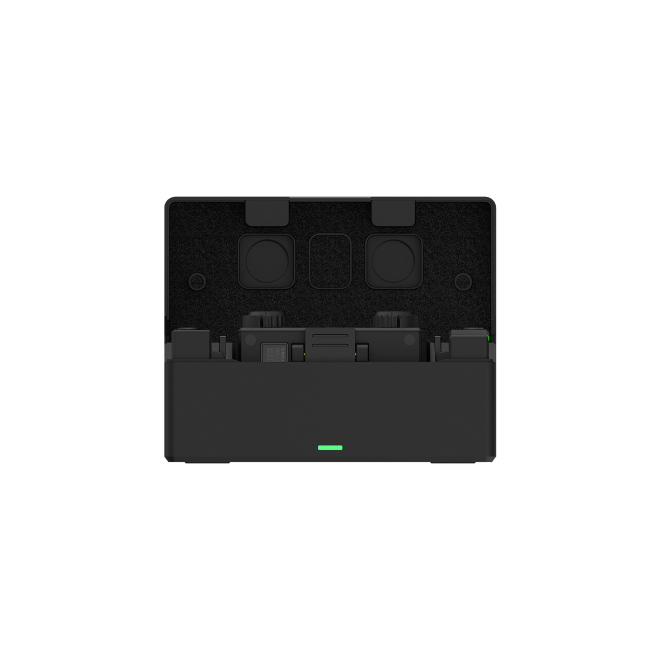
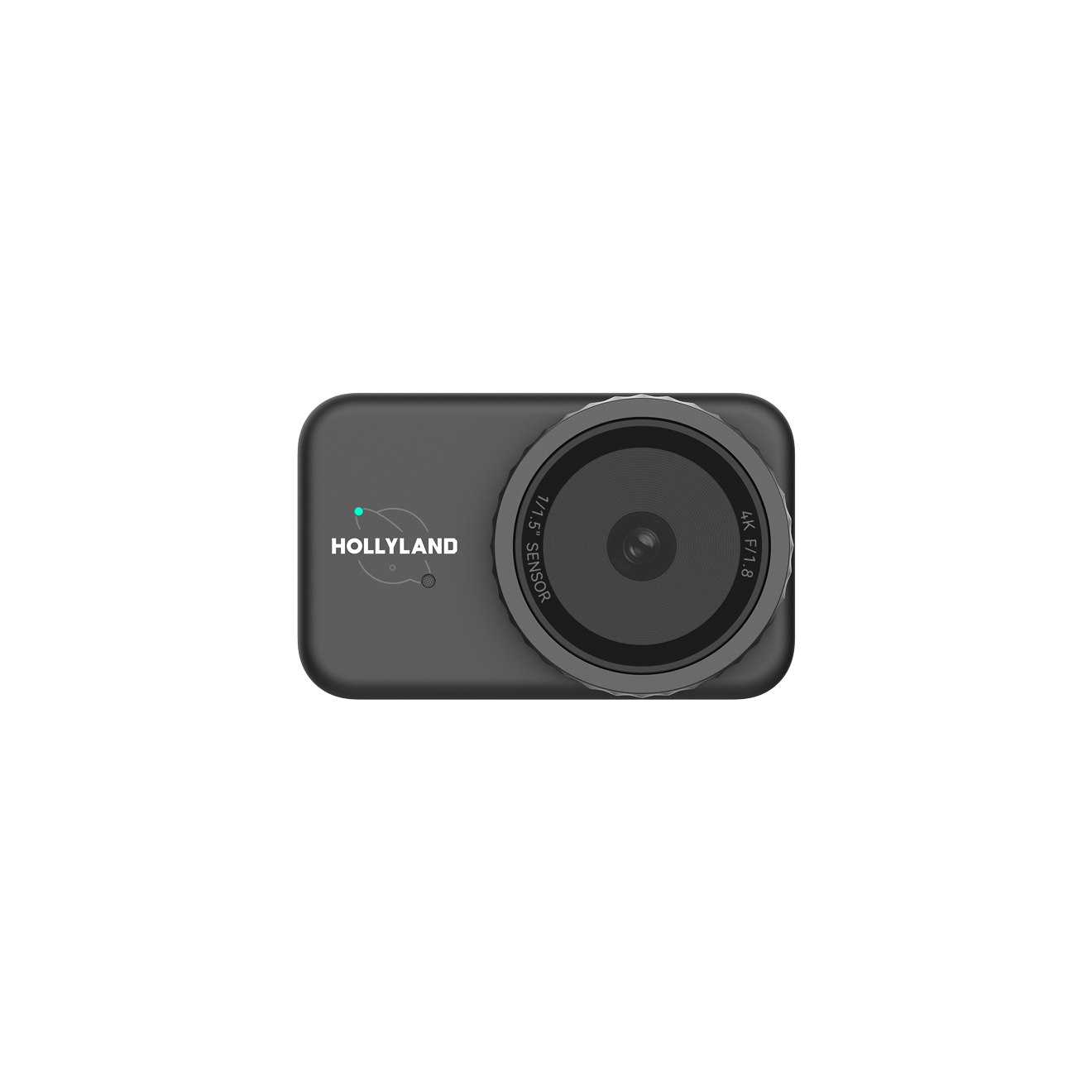

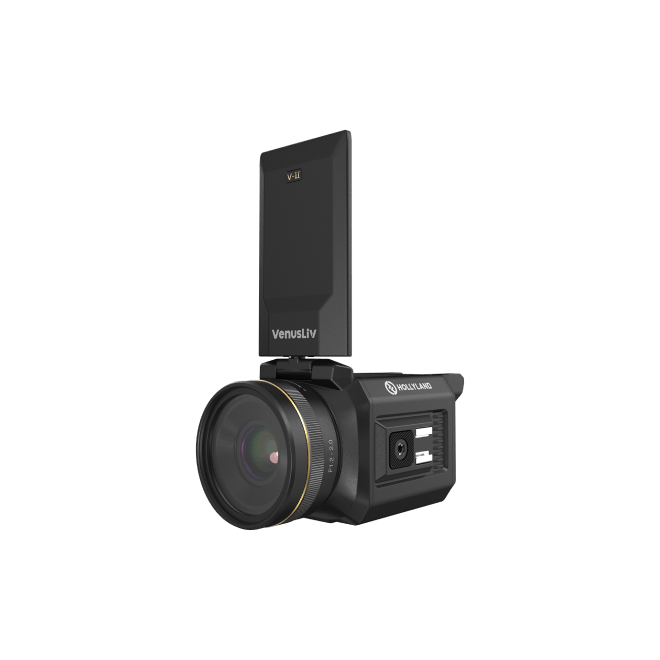
.png)

